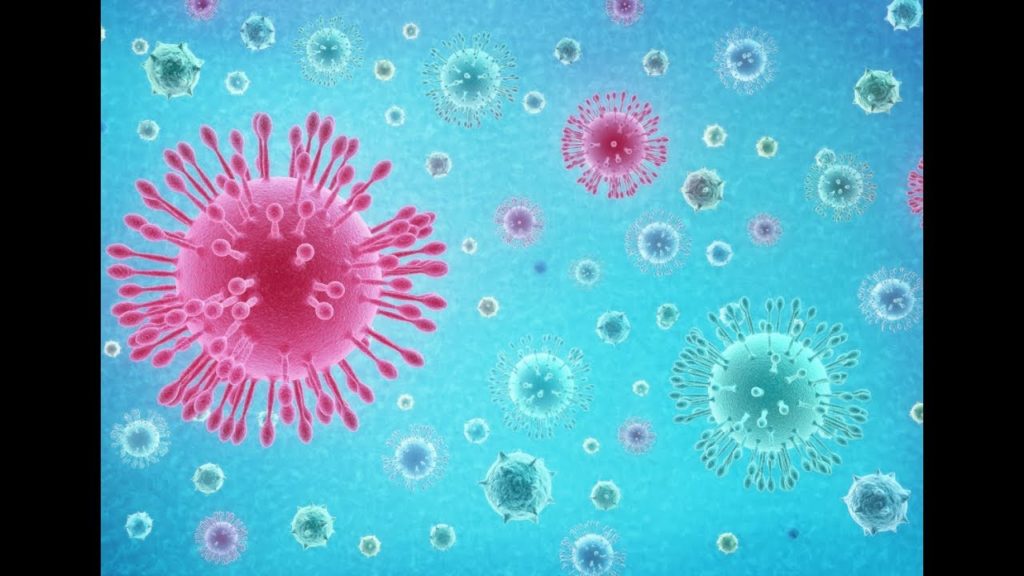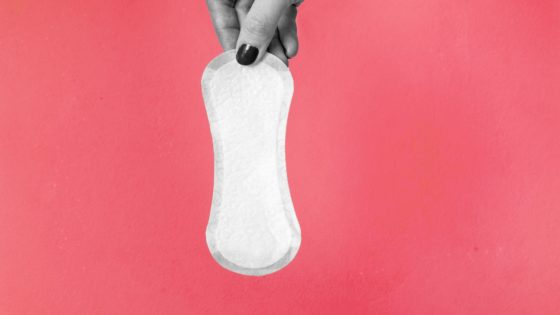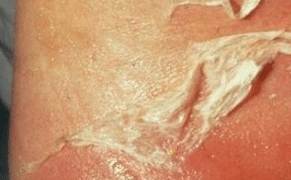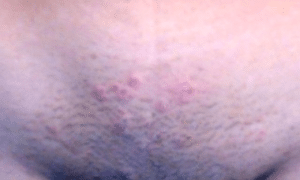Coronavirus is a virus that affects the respiratory system and causes serious respiratory illness.
Coronavirus circulates among bats, camels, cats, and cattle.
Coronavirus has seven types, one of the old major type was severe acute respiratory syndrome (SARS) and the Middle East respiratory syndrome (MERS), and the newest major type is COVID-19.
COVID 19 starts on china and outbreak to spread throughout the whole world.

Viruses are named based on their genetic structure to facilitate the development of diagnostic tests, vaccines, and medicines.
Virologists and the wider scientific community do this work, so viruses are named by the International Committee on Taxonomy of Viruses (ICTV).
ICTV named this virus (SARS-CoV-2) on 11 February 2020. They choose this name based on the SARS outbreak of 2003.
WHO named this disease as COVID-19 on 11 February 2020.
WHO and International Classification of Disease (ICD) named the disease to enable discussion on disease prevention, spread, transmissibility, and treatment.
Coronavirus is a large family of viruses.
Some cause illness in people and others cause illness in the animal. SARS, MARS, and SARS-Cov-19 are animal viruses that spread to people.
It is very rare that animal coronavirus that infects animal emerge to infect people and spread between them.
Key facts of COVID-19 based on CDC
- Disease do not know race or ethnicity: all people at the same risk of having SARS-CoV-2)
- The immediate risk to be seriously ill from the virus is thought to be low: old adults and people with underlying disease are at greater risk of severe illness from COVID-19.
- Infected people who have been threatened or quarantined from the isolation does not spread the virus.
- Wash your hand, avoid touching your face with an unwashed hand, stay home when you are sick, and cover your cough or sneeze with a tissue that can help you and others from the disease.
- Knowing the sign and symptoms can stop the spreading of COVID-19
How does the COVID-19 spread?
- This virus spread between people who are in close contact with one another
- This virus spreads between people through respiratory droplet when the infected person cough or sneeze.
- This virus spread between people if the infected droplet touch a hard surface then the uninfected person touches the surface.
What are COVID-19 signs and symptoms?
If you have signs of COVID-19 get medical attention immediately. Emergency warning signs include:
- Difficult breathing and shortness of breath: difficulty in breathing medically referred to as dyspnea. It can be caused by respiratory or circulatory conditions and fever.
- Dry cough nor productive cough.
- None-stop chest pain and pressure like pain.
- Persistent fever.
- Confusion or inability to arouse.
- Bluish face or lips.
COVID-19 symptoms may strongly appear if you have close contact of someone with COVID-19, or you are resident in a community where there is spread of COVID-19
If you are very sick get medical attention immediately.
If you have these symptoms you do not probably have COVID-19
- Low-grade fever or temperature of less than 38 Celsius.
- Productive cough or no cough.
How to protect yourself from COVID-19
- Do not touch your face or any part of it if your hands aren’t washed. Hands touch many surfaces and can pick up the virus, and easily transfer to your nose or mouth.
- Do wash your hand regularly for at least 20 seconds. Using soap and water when you rubbing your hand can kill the virus.

- Do not go out of your home if you feel sick, and if you have to wear face mask N95 or M3. Face mask prevents the droplet from spread through the air.
- Do not sneeze or cough on the air you should cover your face with a tissue.

- Good hygiene and use antiseptic gel or solution such as sanitizers.
- Stay out of the crowded areas.
- Maintain social distance at least 1 meter because when someone sneezes or coughs small liquid droplets spread through the air which may contain the virus. If you are too close, you will breathe in the droplet.
- If you have a fever, cough, and difficulty breathing, seek medical advice immediately to help you be in the right medical facility.
- Increase your vitamin intake to increase your immune system.
- Do regular exercise to enhance your blood circulation and boost your immune system.
- Regular clean your home and most frequent touched surface daily

Coronavirus (COVID-19) Diagnosis
Until now there is no FDA-approved diagnostic for COVID-19. On February 4, 2020, FDA uses real-time RT-PCR diagnostic panel.
Should I be testing for COVID-19?
If you have no sign or symptoms or if you do not contact with confirmed COVID-19 patient or traveling from/to contaminated area, there is no need to do the COVID-19 test.
Coronavirus (COVID-19) Treatment
Until now there is no any significant cure as there are no FDA- approved vaccine for this type of viruses, but eventually, we will have the vaccine this year.
Things you can do to manage your health at home
- Stay home in a specific room away from your family as much as possible

2. Monitor your vital signs and your symptoms. If your symptoms get worse, call the emergency number.
3. Cover your cough and sneeze with a tissue.

4. Get rest and keep your body hydrated.
5. Try not to share personal items with your family members.
6. Clean any surface you touched as much as possible.
Coronavirus (COVID-19) Statistics
Total number of infected cases is 173,320
Total number of dearth is 6,668
Total number of recovered cases is 77,798
China: total cases 80,088 total death 3,213 total recovered 67,780 serious critical 3,226
Italy: total cases 24,747 total death 1,809 total recovered 2,335 serious critical 1,672
Iran: total cases 14,991 total death 853 total recovered 4,590 serious critical 0
Spain: total cases 8,794 total death 297 total recovered 517 serious critical 272
S. Korea: total cases 8,236 total death 75 total recovered 1,137 serious critical 59
Germany: total cases 6,248 total death 13 total recovered 46 serious critical 2
France: total cases 5,423 total death 127 total recovered 12 serious critical 400
USA: total cases 3,806 total death 69 total recovered 73 serious critical 10
To check updated death toll statistic please visit https://www.worldometers.info/coronavirus/#countries
What may happen?
As long as this disease is a global outbreak and can spread between people sustainably (pandemic) we are more likely to see more cases in a few weeks.
For more information please visit
Pulmonary Edema Causes and Treatment
Jamil Qaryouti is a nursing specialist who graduated from J.U.S.T University in Jordan. Jamil has a wide verity of experience in cardiac diseases, pulmonary and neurological disease, former ICCU nurse in the Specialty Hospital in Jordan, former CNO of home care, founder of Jamil’s Home Health Corporation. Jamil is a medical educator. He believes spreading the information makes the world better.










